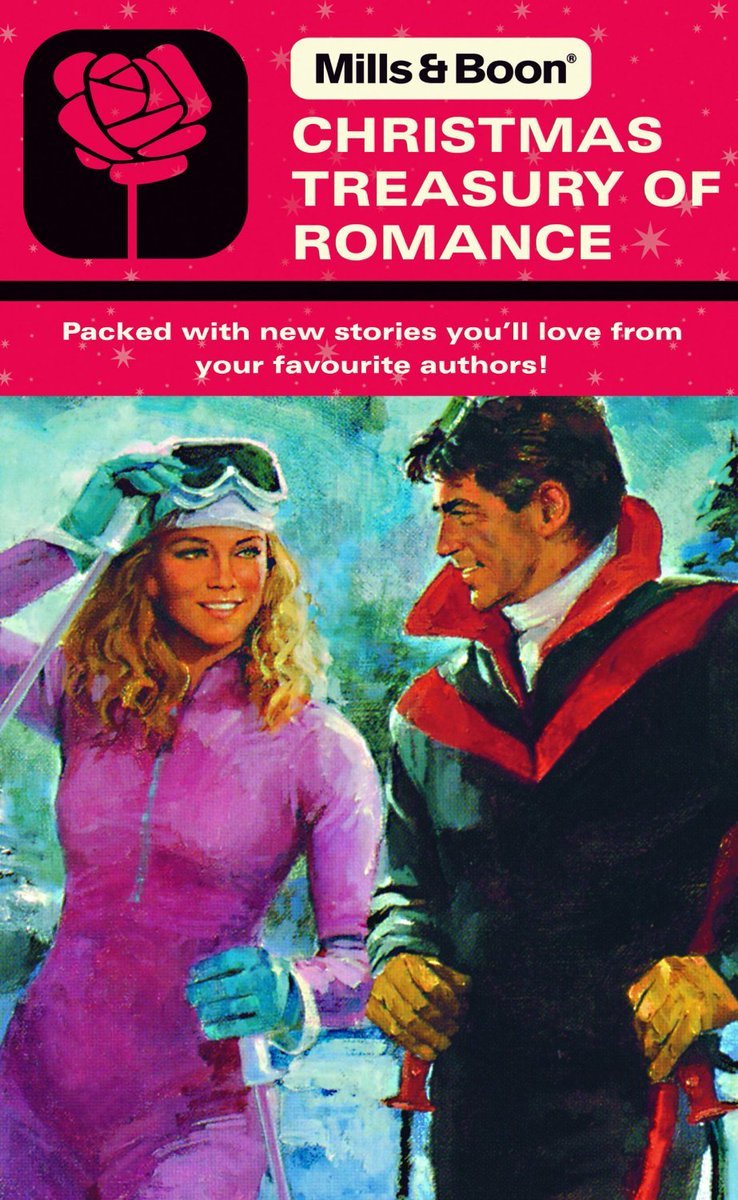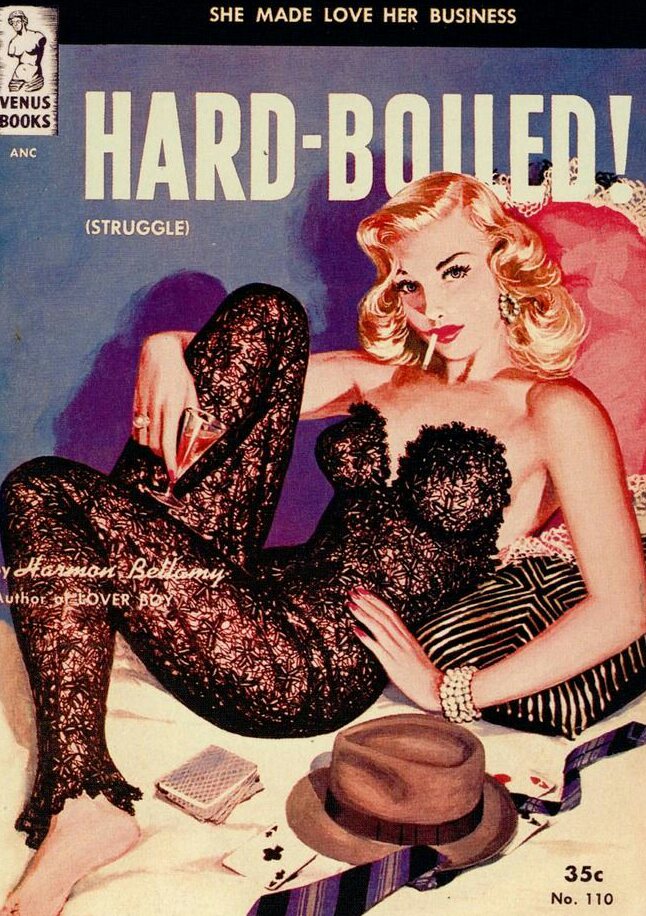
Old books, movies and music. Keeping Twitter busy since 2014.
70 subscribers
How to get URL link on X (Twitter) App


 Today a prolific author may write a book every year, but in the 1950s and '60s pulp writer sometimes had as little as two weeks to complete a 50,000 word story and have it ready for print.
Today a prolific author may write a book every year, but in the 1950s and '60s pulp writer sometimes had as little as two weeks to complete a 50,000 word story and have it ready for print.

 Signet's Regency Romance series started in the late 1970s and ran until 2006. Like its rivals Harlequin and Mills & Boone, Signet Regency Romance published a number of titles each month, often to the same formula...
Signet's Regency Romance series started in the late 1970s and ran until 2006. Like its rivals Harlequin and Mills & Boone, Signet Regency Romance published a number of titles each month, often to the same formula... 

 The Outlaw is a classic pulp archetype: from Dick Turpin onwards lawbreakers have been a staple of the genre. Crime never pays, but it's exciting and trangressive!
The Outlaw is a classic pulp archetype: from Dick Turpin onwards lawbreakers have been a staple of the genre. Crime never pays, but it's exciting and trangressive! 

 Now we all know what a man's lounge suit is, but if we're honest it can be a bit... stuffy. Formal. Businesslike. Not what you'd wear 'in da club' as the young folks say.
Now we all know what a man's lounge suit is, but if we're honest it can be a bit... stuffy. Formal. Businesslike. Not what you'd wear 'in da club' as the young folks say. 


 Gamebooks are a simple but addictive concept: you control the narrative. At the end of each section of the story you are offered a choice of outcomes, and based on that you turn to the page indicated to see what happens next.
Gamebooks are a simple but addictive concept: you control the narrative. At the end of each section of the story you are offered a choice of outcomes, and based on that you turn to the page indicated to see what happens next. 

 London has always attracted ghosts, and in the 19th Century they increasingly left their haunted houses and graveyards and began to wader the capital's streets.
London has always attracted ghosts, and in the 19th Century they increasingly left their haunted houses and graveyards and began to wader the capital's streets.

 The Poly-1 was developed in 1980 by two electronics engineering teachers at Wellington Polytechnic, Neil Scott and Paul Bryant, who wanted to create a computer for use in New Zealand schools. Education Minister Merv Wellington liked the idea and gave it the green light.
The Poly-1 was developed in 1980 by two electronics engineering teachers at Wellington Polytechnic, Neil Scott and Paul Bryant, who wanted to create a computer for use in New Zealand schools. Education Minister Merv Wellington liked the idea and gave it the green light. 

 By 1926 Agatha Christie's reputation as a writer was starting to grow. Her sixth novel - The Murder of Roger Ackroyd - had been well-received and she and her husband Archie had recently concluded a world tour. But all was not well with the marriage.
By 1926 Agatha Christie's reputation as a writer was starting to grow. Her sixth novel - The Murder of Roger Ackroyd - had been well-received and she and her husband Archie had recently concluded a world tour. But all was not well with the marriage. 

 There are lots of definitions of pulp out there: in books, in academic papers and on the web. And most circle back to the same three points: the medium, the story type and the method of writing.
There are lots of definitions of pulp out there: in books, in academic papers and on the web. And most circle back to the same three points: the medium, the story type and the method of writing. 



 Spire Christian Comics was an offshoot of Spire Books, a mass-market religious paperback line launched in 1963 by the Fleming H. Revell company. The point of Spire Books was to get religious novels into secular stores, so a move into comic books in 1972 seemed a logical choice.
Spire Christian Comics was an offshoot of Spire Books, a mass-market religious paperback line launched in 1963 by the Fleming H. Revell company. The point of Spire Books was to get religious novels into secular stores, so a move into comic books in 1972 seemed a logical choice. 



 Pierre Boulle is probably best known for his 1952 novel Bridge On The River Kwai, based on his wartime experiences in Indochina. So it was possibly a surprise when 11 years later he authored a science fiction novel.
Pierre Boulle is probably best known for his 1952 novel Bridge On The River Kwai, based on his wartime experiences in Indochina. So it was possibly a surprise when 11 years later he authored a science fiction novel. 